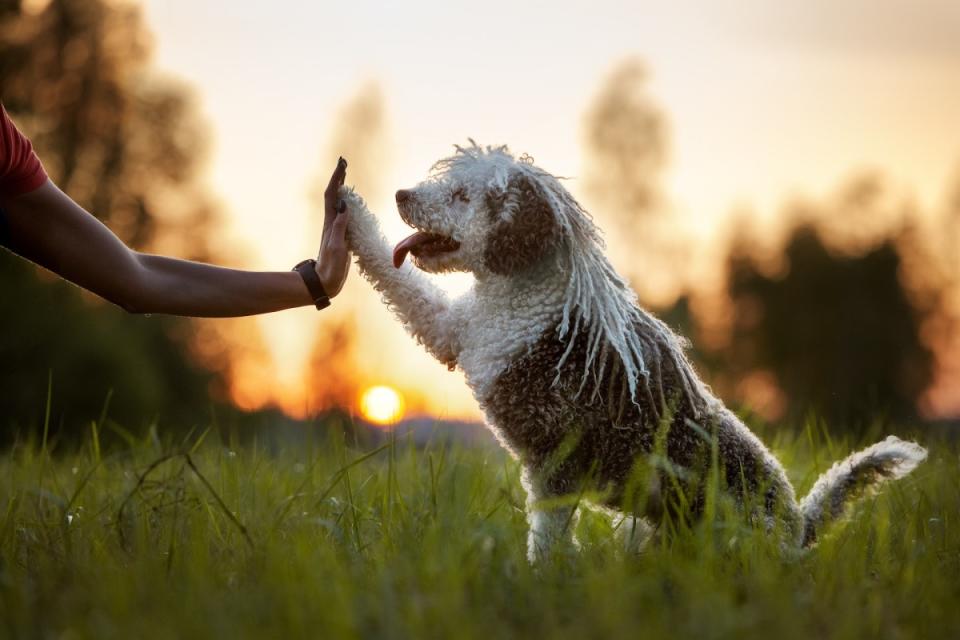Texas ICU Nurse Searches Tirelessly for Dog of Patient Who Passed So She Can Adopt Him

icu-nurse-adopts-dog-patient-died
The SPCA of Texas recently shared a sad story with an absolutely wonderful ending. A 37-year-old patient in the hospital was being cared for by two ICU nurses when he suddenly and unexpectedly passed away. This patient had a dog by the name of Bear Bear that was picked up in a motel by Dallas Animal Services.
Bear Bear was transferred to the ASPCA who was contacted by one of the nurses trying to find out where her patient's dog had ended up.
Luckily, Bear Bear was microchipped so the ASPCA was able to determine who had owned him.
The SPCA shared on Facebook, in part, "Two dedicated nurses who had cared for him were determined to find Bear Bear and give him a loving home since no one in the patient's family could take him in.
The nurse visited the shelter, reunited with this sweet dog, and promptly adopted him. We are overjoyed that Bear Bear has found such a loving furever home."
Related: Couple's Sweet Story of Finding Lost Dog at the Golf Course Tugs at the Heartstrings
People Magazine has an interview with Bear bear's new owner, a nurse named Dezorey Arocha, who said, "In the greeting room, he was sweet as pie. He was a very loving, gentle, yet excited, and very much a puppy. He's very cute, very playful," the nurse remembers.
After an hour of bonding with Bear Bear at the SPCA of Texas, "I was out of there with him," she adds about adopting the pup right after their first meeting.
"It just felt right. I don't know why I was so drawn to him," she adds.
Bear Bear now goes by Asher at his new home, which he shares with two female dogs who love having a brother.
What a beautiful happy ending.
Why It's Important To Microchip

Shutterstock - otsphoto
When it comes time to spay or neuter your dog, get them microchipped. Having a microchip is your best chance of getting your dog returned to you if they are ever lost or stolen. It's not expensive to do (My last microchip was for my cat and it cost $20) Sure, a collar with your contact information on it is good to have too, but unlike collars and tags, which can fall off or be removed, a microchip provides a permanent form of identification for your pet.
Each microchip has a unique identification. If your dog is brought into a vet or shelter you will be contacted, as long as you have your current information on file with the microchip database. Once a pet is microchipped, the microchip lasts a lifetime and doesn't require replacement.
One of the first thing shelter workers do when a cat or dog is brought in is scan for microchips when they take in stray pets, helping them quickly reunite lost pets and their owners which also reduces the number of animals in shelters. It's a win/win for everyone.
Microchipped pets are less attractive to thieves because the microchip can be used to trace the pet back to its rightful owner so if someone steals your dog and sells it and the vet checks their microchip your dog will hopefully be returned to you.
Ask your veterinarian about microchipping your cat or dog if you haven't done so yet. It's a huge peace of mind for pet owners.

 Yahoo Lifestyle
Yahoo Lifestyle 
